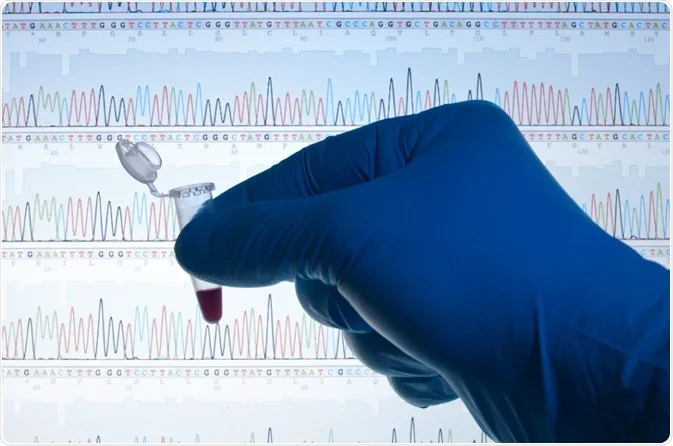By: Mustafa Haider
Imagine a world where the silent language of DNA holds the key to solving mysteries, identifying culprits, and ensuring injustice. Welcome to the fascinating realm of DNA in criminal investigations. The idea behind all this is that instinct DNA helps solve crimes, shed light on the past, and shape the future of law enforcement. By the end of this article, you’ll not only be enchanted by the power of DNA but also equipped with the knowledge of how it can make a significant difference in your understanding of crime and justice.
Imagine yourself in the middle of a convoluted crime site. At the crime site, investigators collect tiny remnants of DNA lagged by the culprit. This could be a strand of hair, a drop of blood, or a discarded cigarette stub. Thanks to the developments in DNA fingerprinting, these seemingly worthless clues can become the silent testimonies that point directly to the perpetrator of the crime.
The concept of DNA profiling lies at the heart of DNA evolution. Each individual’s DNA is as distinctive as a snow granule, with unique sequences that set them apart from every other human being on the planet, except for the identical twins. Through DNA analysis, forensic specialists examine specific regions of an individual’s DNA to create a genetic signature. This signature is then contrasted with evidence from a crime site, empowering investigators to pinpoint suspects with unparalleled precision.
Genetic evidence has been fundamental in declaring individuals innocent who were illegally adjudged guilty. In different cases, DNA testing has revealed that the individual currently incarcerated is not the real offender. The Innocence Project, an organization dedicated to reevaluating cases using DNA traces, has contributed to the exoneration of numerous wrongfully convicted individuals, some of whom endured years in prison for offenses they were not responsible for.
DNA plays a pivotal role in modern criminal investigations, acting as a silent witness that can provide critical evidence to help identify perpetrators and ensure justice is served.
Genetic analysis has breathed fresh life into enduring enigmas, which are unsolved crimes that may have lingered without resolution for years, or even decades. When new genetic evidence is detected or when dormant case units reevaluate old clues with the help of advanced genetic testing techniques, frequently they succeed in identifying and capturing wrongdoers. This has provided a sense of resolution to families who have patiently awaited justice for their dear ones.
In addition to discerning perpetrators, DNA evidence can empower the case against them. By providing a straight connection between a perpetrator and a crime site, Genetic evidence enhances the lawsuit’s assertions. It can also aid in establishing the modus operandi of serial offenders by linking multiple crimes to a single wrongdoer. This is particularly important in cases of sexual misconduct and assassination.
Many countries have inaugurated DNA repositories where the records of known culprits are hoarded. This allows the authorities to correlate offenses and recognize persistent lawbreakers. It also acts as a beneficial support for cases involving missing individuals and the identification of victims in disasters. The enlargement of these databases has had a significant influence on Law-breaking prevention and resolution.
In spite of the multitude of advantages offered by DNA in criminal investigations, there are virtuous and legitimate issues to think over. Issues such as privacy, the possibility of exploitation, the accuracy of DNA evidence, along with concerns about the responsible management of DNA information and its place in the justice system, has ignited discussions and deliberations. Balancing the utilization of DNA as a potent tool for crime resolution with the protection of individuals’ rights remains a continuous and demanding task.
DNA’s role in criminal investigations extends beyond mere science; it stands as a symbol of hope and justice. It possesses the ability to change lives, unveil reality, and redefine the conclusions of some of the world’s most puzzling enigmas. As you explore this intriguing realm, you have not only encountered the profound influence of DNA in investigations but also recognized how this awareness can shape your perception of crime, justice, and the potential for a more equitable and promising future.
The writer is a student of Biotechnology. He can be reached at mustafahaider5098@gmail.com

